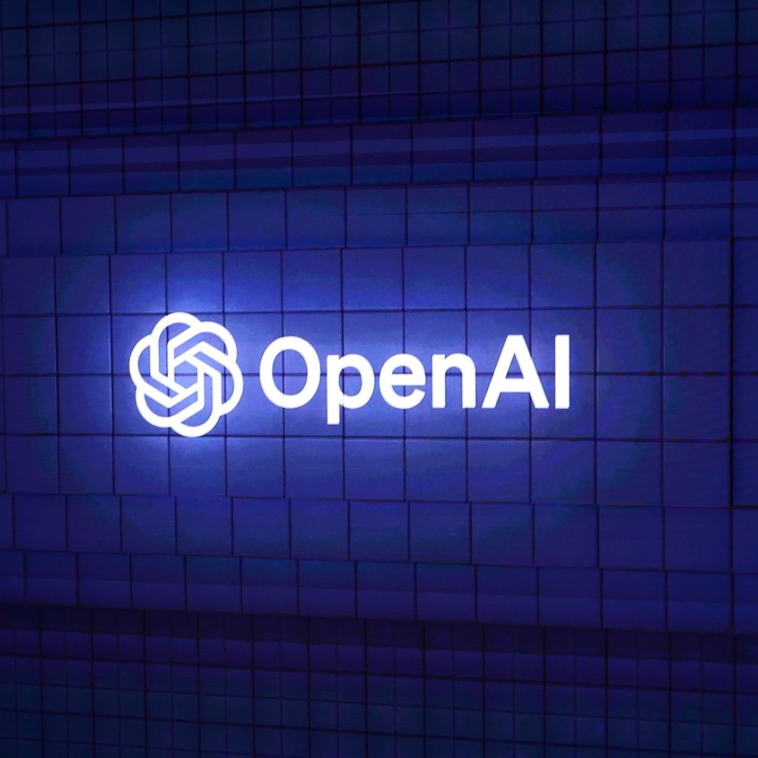OpenAI has developed SearchGPT, an AI search feature that aims to revolutionize user interaction with online information. Despite limited testing, the technology is a significant step in the Google-dominated search space. SearchGPT uses OpenAI’s language models to provide real-time, conversational answers to user queries, with clear attribution to source material, a departure from traditional search engines.
SearchGPT’s devotion to publisher partnerships is one of its distinguishing features
OpenAI’s SearchGPT stands out for its dedication to publisher partnerships, having secured deals with prominent content providers. Through in-line attributions and named connections, the platform prominently credits and links to publisher material, fostering a mutually beneficial partnership between AI and traditional media.
“AI search is becoming a key way people navigate the internet, and it’s crucial that technology values, respects, and protects journalism and publishers.” commented Nicholas Thompson, CEO of The Atlantic, one of OpenAI’s partners, on the partnership.
Key features included in the prototype
- Rapid, conversational responses to queries
- You can ask follow-up questions that build on shared context
- In-line citations and prominent source links
- A sidebar with additional results for deeper exploration
What to expect from SearchGPT
OpenAI’s SearchGPT aims to boost traffic at the publisher’s website, but its long-term impact on online ecosystems remains uncertain. The company also provides publishers with tools to control their visibility in SearchGPT results.
OpenAI’s entry into the search market comes amid intense competition in the anticipated lucrative AI search sector. Startups like Perplexity have gained popularity, and tech giants like Google and Microsoft are recognizing their innovative approaches. Google recently launched AI Overviews, while Microsoft plans for Bing’s generative search experience.
OpenAI’s SearchGPT is currently in limited testing, but the company plans to integrate successful features into ChatGPT in the future. The company is seeking feedback from users and publishers to refine the prototype and improve local information and commerce searches. This emergence highlights the rapid pace of AI innovation and suggests a future where the line between search engines and AI assistants will eventually disappear.





GIPHY App Key not set. Please check settings